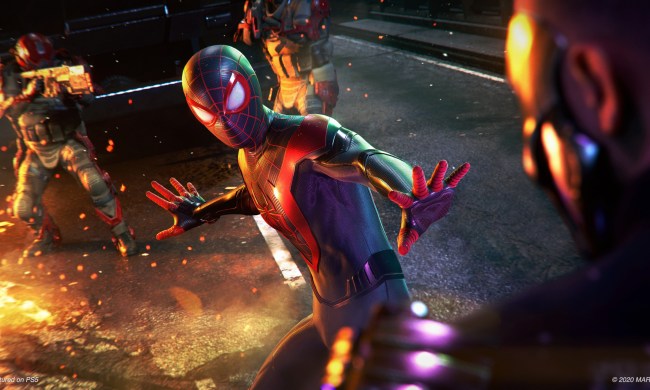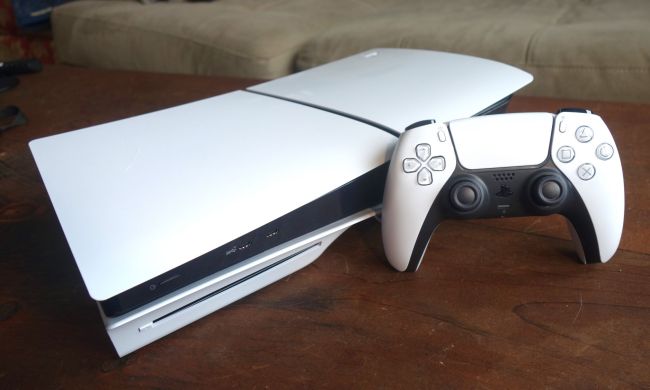
Thursday’s system software upgrade also enables voice chat for Remote Play sessions, and introduces new iconography indicating when players are idle while logged into PSN.
All PlayStation 4 owners will be given the option to update when they power on their consoles, but many of the upgrade’s most significant features are reserved for early adopters of PlayStation VR and PS4 Pro hardware.
The platform’s virtual reality interface has been upgraded with improved 2D rendering, allowing for higher resolutions when players view on-screen content outside of VR mode. PSVR users will also see improved performance and framerates in Cinematic Mode after installing the firmware update.
PlayStation 4 Pro owners will get an optional Boost Mode that can upgrade older PS4 titles with faster framerates, though Sony notes that not all games will see noticeable performance boosts.
“PS4 Pro gets a new feature in this update called Boost Mode,” Sony explained. “This feature has been designed to provide better performance for select legacy titles that have not been patched to take advantage of the PS4 Pro’s faster CPU and its faster and double-sized GPU.”
Sony continued: “This can provide a noticeable frame rate boost to some games with variable frame rates, and can provide frame rate stability for games that are programmed to run at 30 Hz or 60 Hz. Depending on the game, the increased CPU speed may also result in shorter load times. You can turn on Boost Mode by going to Settings > System.”
Updated on 03-08-2017 by Mike Epstein: Corrected to reflect the fact that PlayStation 4 firmware launches Thursday, March 9.


